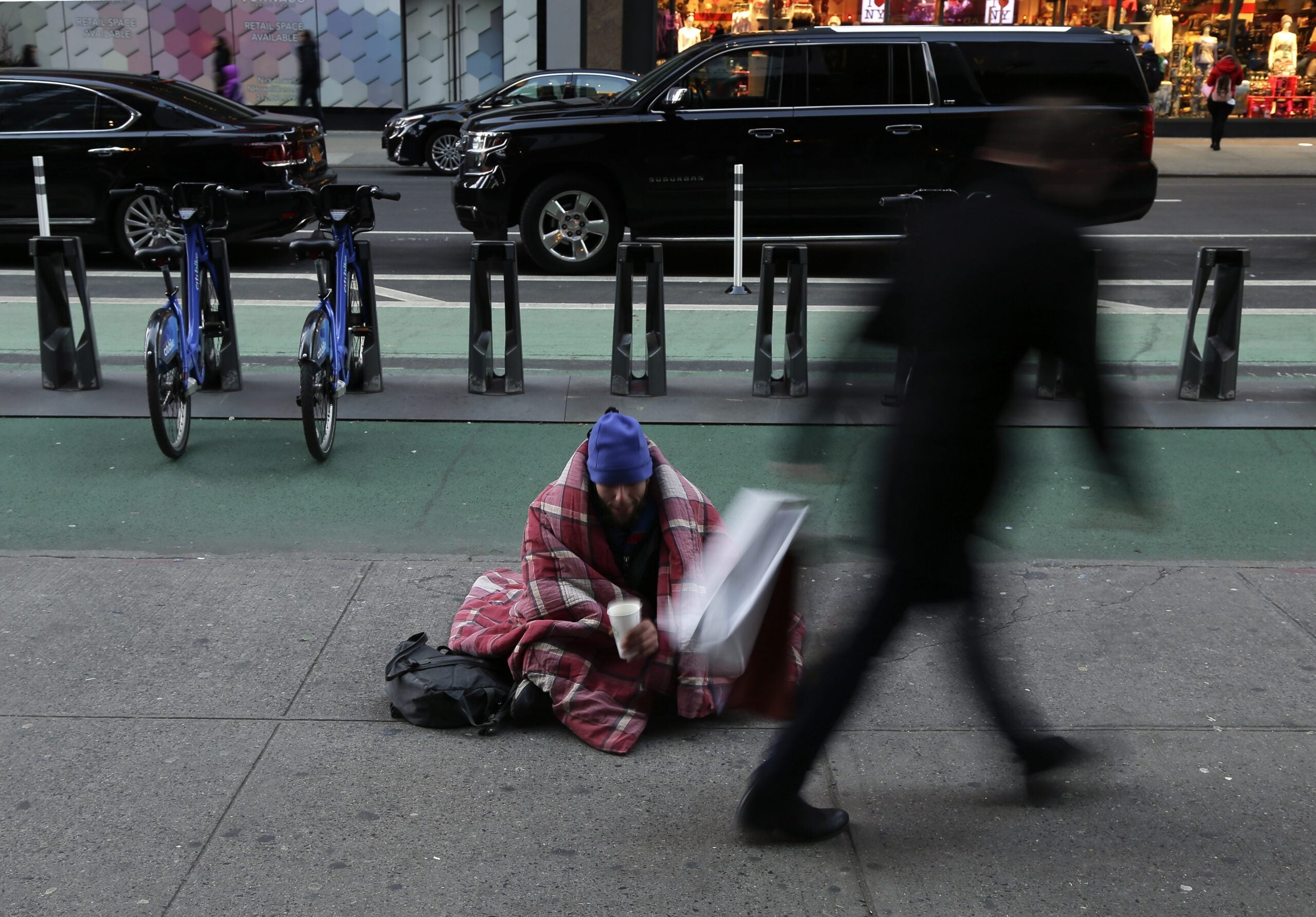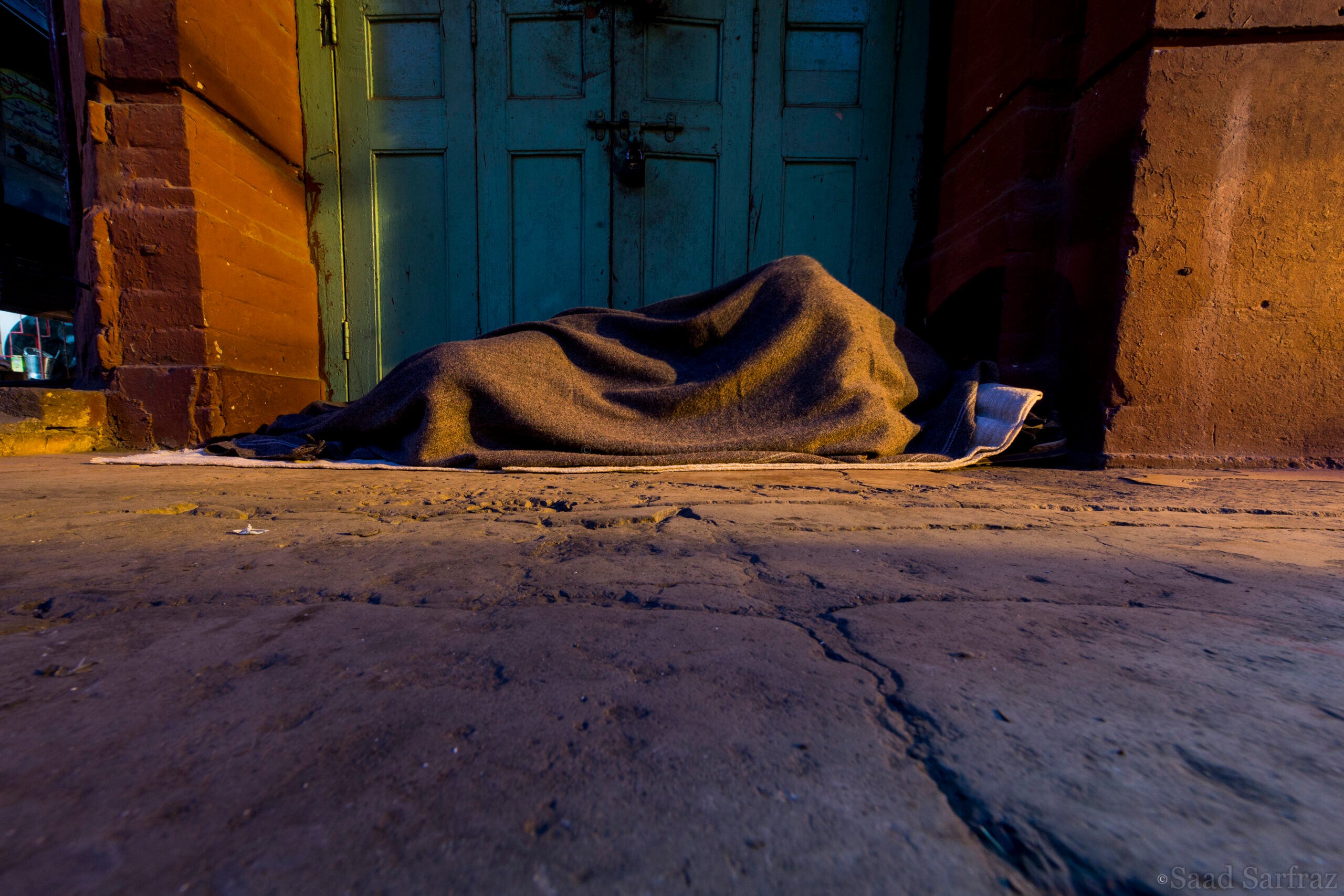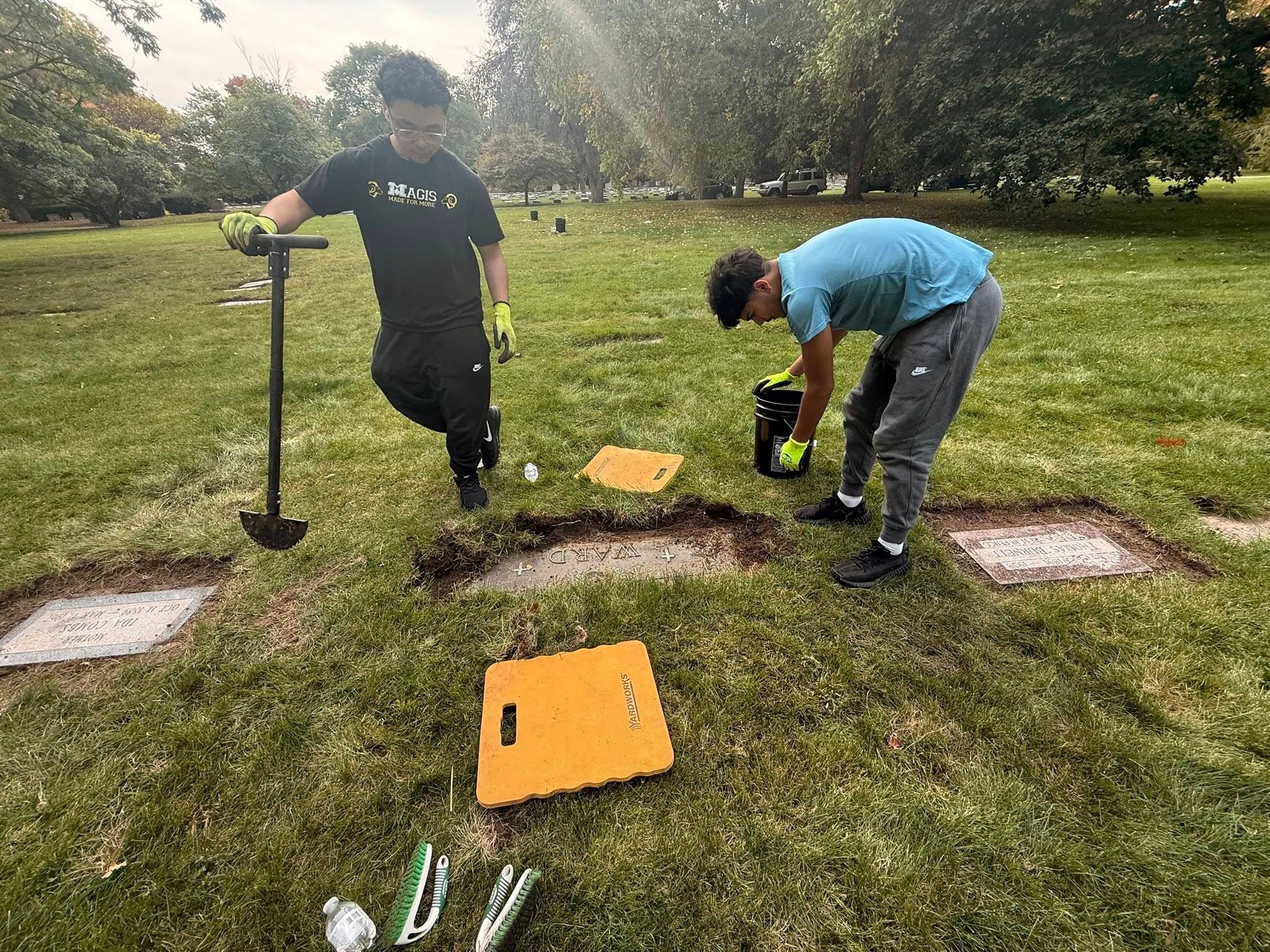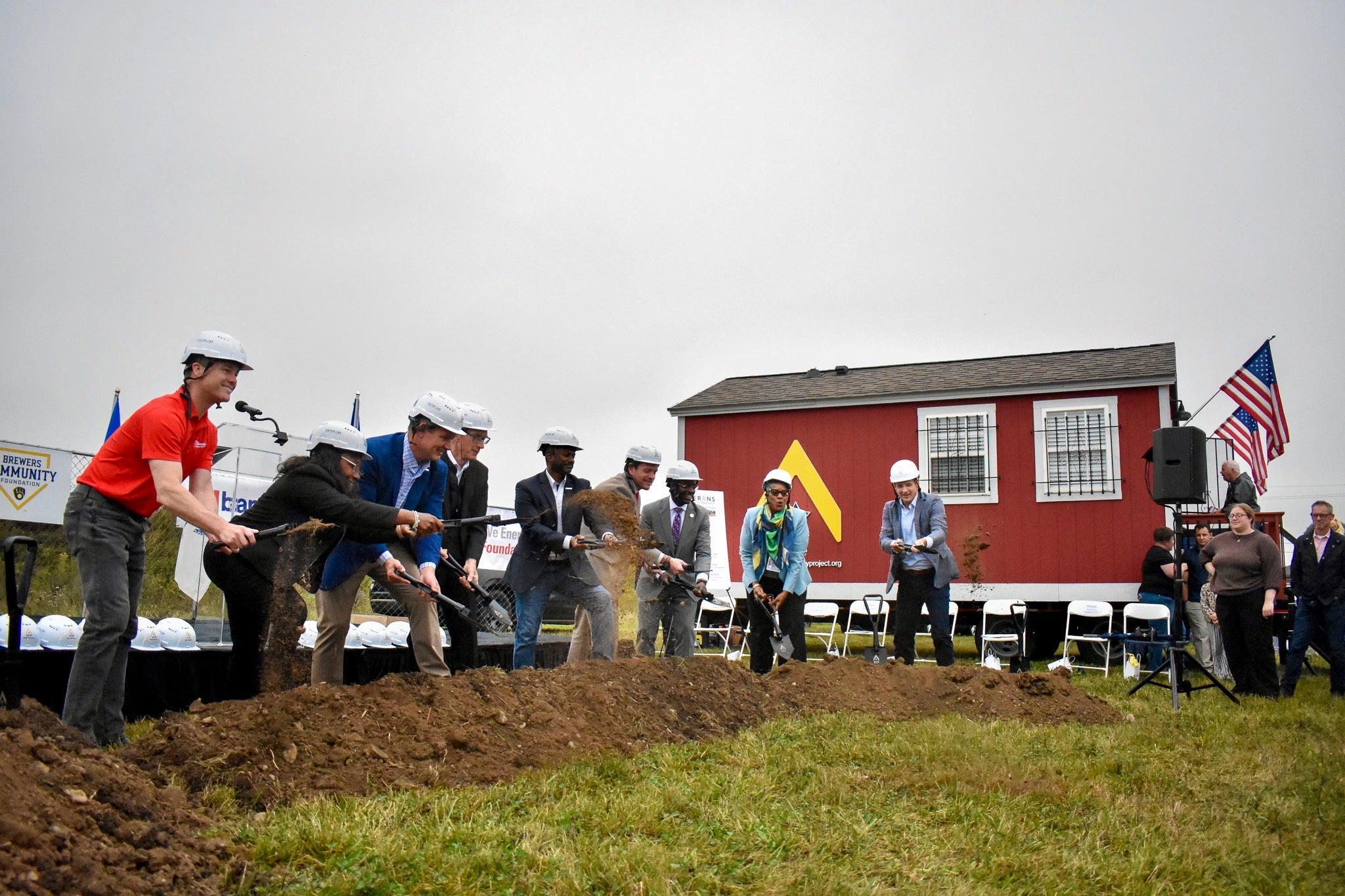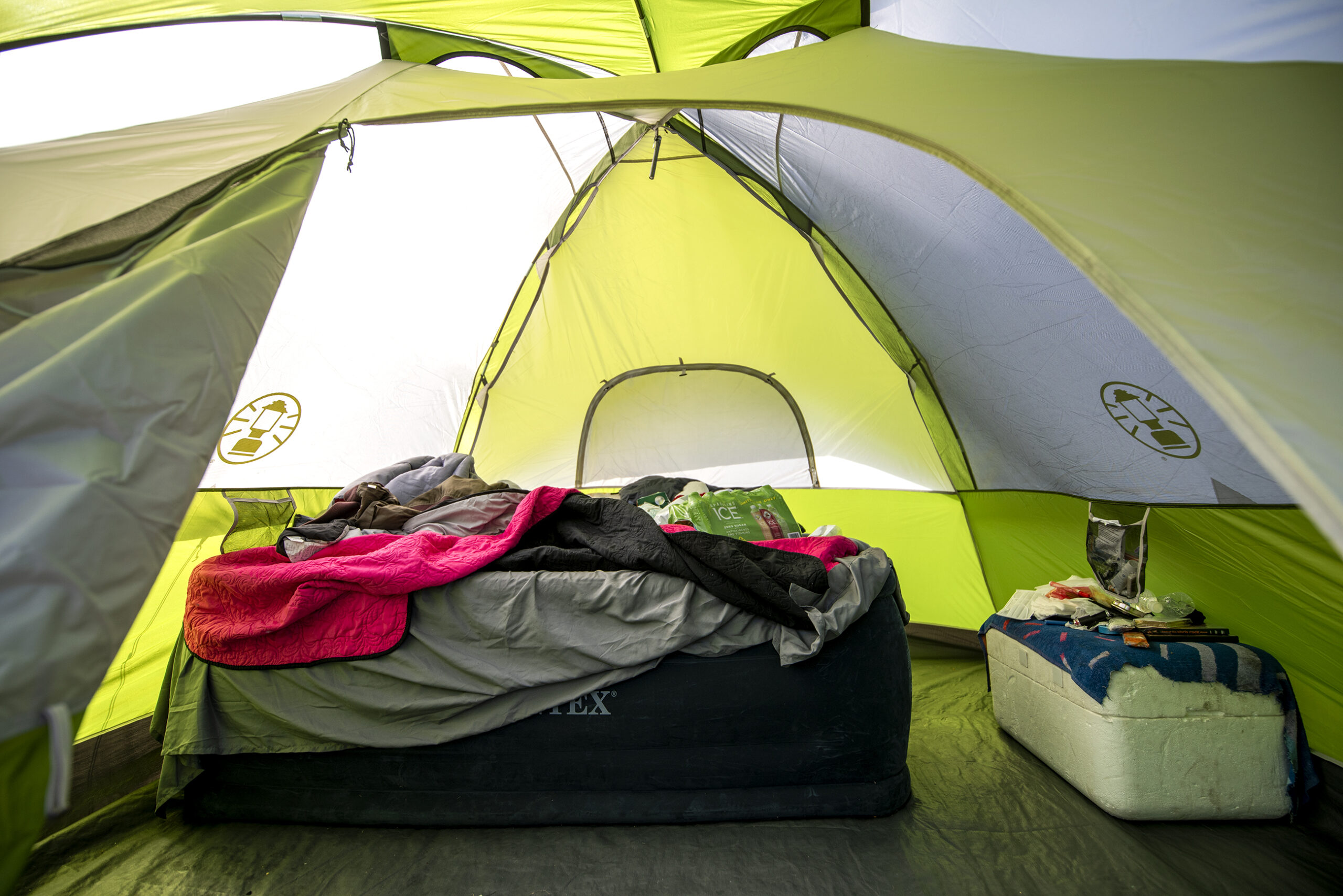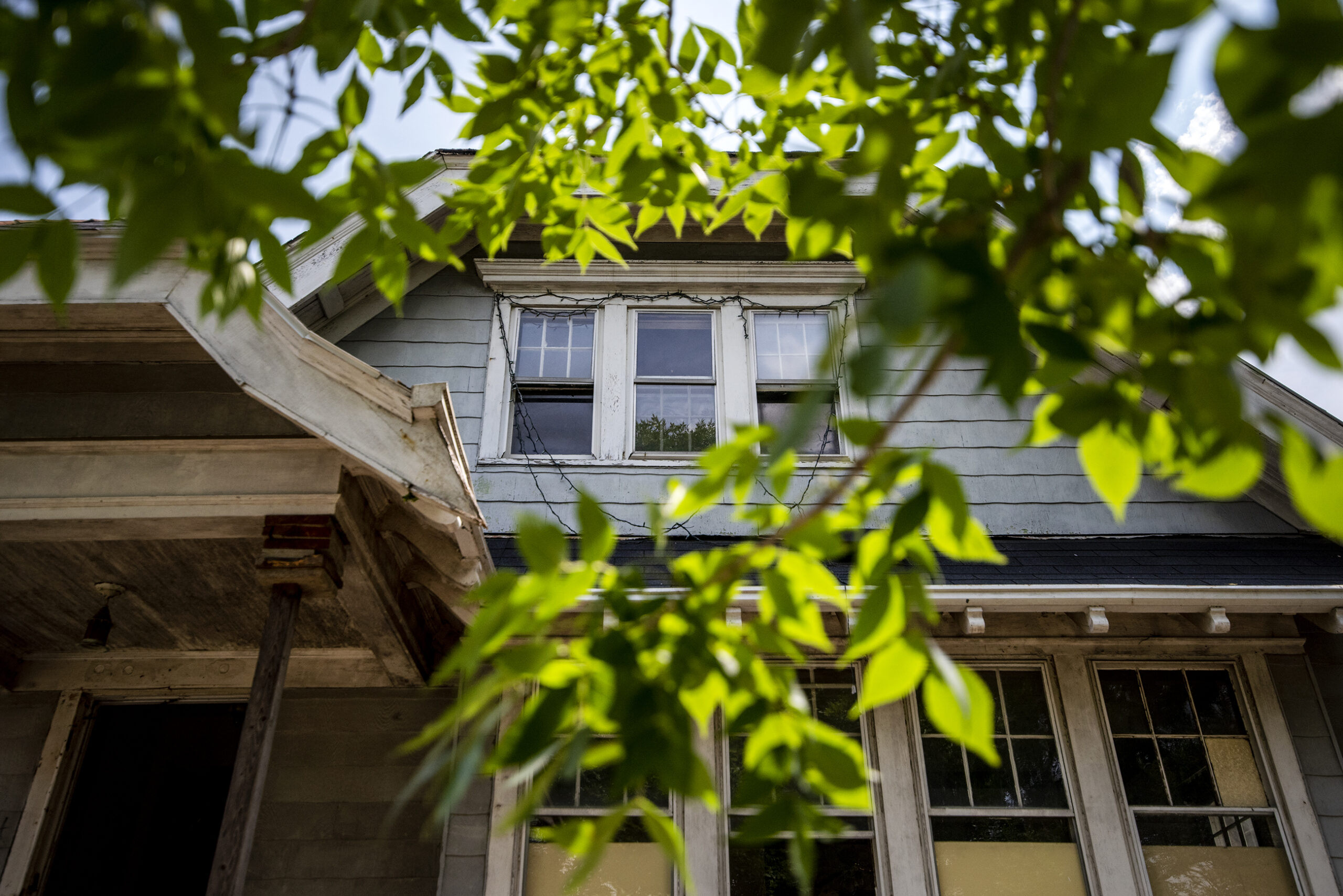The cold weather has given Milwaukee city officials a sense of urgency to curb the city’s homeless problem and the growing number of encampments.
A public hearing Wednesday hoped to address the issue, and sparked more than three hours of testimony from community advocates. While capacity was a topic of discussion, the conversation focused more pointedly on a lack of financial resources and volunteers to staff the city’s homeless centers.
Steven Mahan, director of Community Development Grants Administration for the city of Milwaukee, said there are eight warming rooms in the city with 200 beds. And there is capacity for about 80 more beds to be added, Mahan said.
News with a little more humanity
WPR’s “Wisconsin Today” newsletter keeps you connected to the state you love without feeling overwhelmed. No paywall. No agenda. No corporate filter.
Mahan oversees the Continuum of Care Program that serves people who are either under threat of becoming homeless or are already homeless. The Continuum of Care Program is administered through The U.S. Department of Housing and Urban Development, which manages about 30 programs nationwide.
“For a city of our size — when you look at Washington D.C., with 7,000 people in a shelter or on the street — Milwaukee has found ways to work with (Milwaukee County) Housing First and other agencies to get people not only into permanent housing but to sustain them,” Mahan said.
The real desire is to get people into permanent housing, said James Mathy, who oversees Milwaukee County Housing First. Currently, Mathy said there are enough housing vouchers to get nearly everyone living on the streets in Milwaukee into permanent housing, but it takes time.
The Housing First program started in 2015, as a collaboration between Milwaukee County and the city to find permanent housing for the chronically homeless.
Chronically homeless are defined as individuals who have gone without housing for a year straight or multiple times over three years.
When Housing First began, there were approximately 1,500 homeless people living in the county. Today, there are 900, according to Housing First.
A Milwaukee Police Department captain estimated there are 1,000 homeless people living in the city of Milwaukee.
Sherrie Tussler, who leads the Milwaukee Hunger Task Force, said state welfare reform and other bureaucratic hurdles have made it more difficult for those living in poverty.
Tussler said the continuum of care currently in place has forced shelters to give up their missions for the sake of funding.
“Our desire to manage the number of beds we have, to determine people’s outcomes, to fix them rather than house them has resulted in a fairly uniform system where everyone knows the rules, but resulting in people more poor,” Tussler said. “(Gov. Scott Walker) promised people would get jobs, promised drug treatment, $60 million was spent, but none of the promises were followed through on. I would suggest the state has (a) role in this and we should be calling them.”
Alderman Robert Donovan called the public hearing following a press conference last week where he suggested Marquette University open a former Ramada Hotel the school owns to house homeless individuals.
Marquette said it is not in a position to use its facilities to house non-residents and assume the significant, complex responsibilities that come with operating a shelter.
On Wednesday, Donovan said he is disappointed Marquette didn’t even consider the Ramada as an option.
“I assumed that Marquette, given its nature, would be a more flexible and open problem-solving partner with the city than is the typical private, for-profit business or corporate entity,” Donovan said. “I assumed that an institution that just recently persuaded the state Legislature to increase its tax-exempt footprint within the city from 80 to 150 acres would be open to putting to better use a facility that, until its closing, paid more than $100,000 annually in taxes.”
Wisconsin Public Radio, © Copyright 2025, Board of Regents of the University of Wisconsin System and Wisconsin Educational Communications Board.

